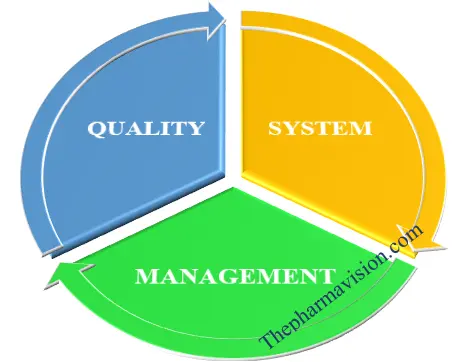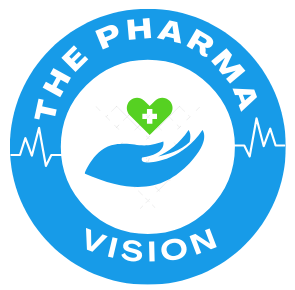Quality Management System Definition:
A Quality Management System (QMS) is a set of procedures, policies, plans, resources, processes, practices, specification of responsibilities and authority of an organization designed to achieve product and service quality levels, customer satisfaction and company objectives.

Factors to be considered:
1. Lessen the risk of errors:
2. Reducing costs:
3. Developing a culture of quality:
An advanced Quality Management System (QMS) will improve company in many ways. As mentioned above it reduces errors and costs, also supports data integrity, resolves issues, ensures trained and engaged employees. In brief, an effective QMS in the pharmaceutical industry will help organization to develop a culture of quality.
4. Encouraging to upgrade:
5. Enhancing customer satisfaction:
Boost customer satisfaction through a robust Quality Management System (QMS) by Prioritizing customer needs, actively gather feedback and consistently deliver quality products or services. Continuous improvement and responsiveness to customer concerns build trust, loyalty, and overall satisfaction, ensuring a positive customer experience and long-term success for the business.
An integrated QMS provides a comprehensive framework for the development and implementation of an effective QMS in healthcare organizations. It includes 7 quality management principle (QM) and 12 quality system essentials (QSE).
The 7 quality management principles (QM) are:
1. Customer focus:
Customer Focus is a vital quality management principle. By understanding customer needs, preferences and feedback, organizations can tailor products or services to enhance satisfaction. This principle encourages a customer mindset across all processes, driving continuous improvement. By prioritizing customer requirements and consistently delivering quality, companies foster loyalty, build trust, and gain a competitive edge. Customer feedback serves as a valuable tool for innovation and adaptation, ensuring that the organization remains responsive and committed to providing products or services that genuinely meet or exceed customer expectations.
2. Process approach:
The process approach in Quality Management Systems (QMS) is a method of organizing and managing an organization’s activities as interconnected processes. It provides a structured framework for understanding, managing and improving processes to deliver consistent and high-quality products or services.
thepharmavision.com
3. Leadership:
In the pharmaceutical world, good leaders are like guides for a strong Quality Management System (QMS). They make sure everyone knows the rules for making safe and effective medicines. Leaders create a work environment where quality is everyone’s responsibility. They provide the right tools and training for the job. Leaders encourage everyone to share ideas for making things better. They also make sure that risks are handled smartly and that everyone is on the same page. In simple terms, pharmaceutical leaders keep the team focused on quality, so medicines are safe, effective.
4. Engagement of people:
5. Improvement:
6. Evidence based decision making:
7. Relationship management:
The 12 quality system essentials (QSE) are:
1. Organization:
In a pharmaceutical Quality Management System (QMS) organization play an important role. It demands clear structures, committed leadership, effective communication, resource allocation and a culture of continuous improvement to ensure consistent product quality.
2. Personnel:
Personnel are pivotal in a pharmaceutical Quality Management System (QMS). Competent and trained staff, defined roles, effective communication, adherence to procedures and ethical conduct contribute to ensuring consistent product quality.
3. Equipment:
Equipment is crucial in a pharmaceutical Quality Management System (QMS). Regular calibration, maintenance and validation ensure reliability, contributing to consistent product quality and adherence to industry standards.
